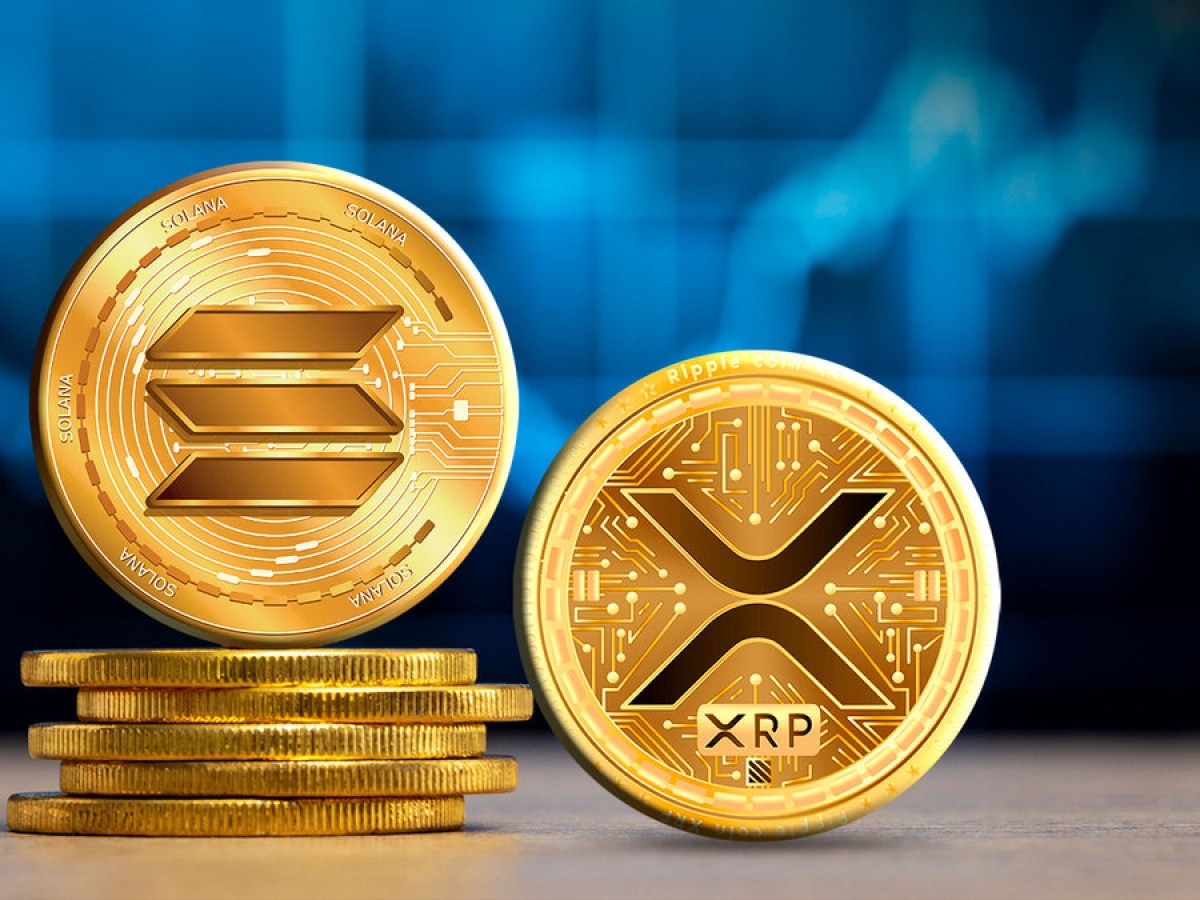Cryptocurrency Scam Alert
Julie Humphreys, Public Safety Communication Manager, 509.625.5868
Friday, August 25, 2023 at 2:35 p.m.
Spokane Police Department Guidance for Cryptocurrency Scam Victims
Recently there have been a number of cryptocurrency scams in the Spokane area that have highlighted a need for fraud awareness. The latest scam, dubbed pig butchering, includes a sophisticated new twist that combines a romance scam with an investment spin. Scammers mine dating apps and social media sites in search of victims, begin conversations, and attempt to develop a romantic or otherwise close personal relationship. Once accomplished, the scammer works to gain enough trust with the victim to pull them into an investment scheme. The victim may then be persuaded to invest money in bogus platforms. Pig butchering scams are happening around the world with victims duped out of millions of dollars.
If you believe you or someone you know may be a victim of a cryptocurrency scam, immediately submit a report to Crime Check at 509.456.2233 or contact the FBI Internet Crime Complaint Center (IC3) at www.ic3.gov and provide as much transaction information as possible. Be wary of anyone claiming they can recover your funds as this may be another scam. Time is of the essence for reporting, cryptocurrency can be transferred very quickly.
If anyone requests that you deposit money in a Bitcoin ATM this is most likely a scam.
The most important information you can provide are transaction details. Transaction details include cryptocurrency addresses, amount and type of cryptocurrency, date and time, and transaction ID (hash). These unique identifiers vary in length and look like long strings of random letters and numbers. Please see examples of important transaction details below:
Cryptocurrency Addresses
Example: 0x58566904f57eac4E9EDd81BbC2f877865ECd35985
Amount and Cryptocurrency Type
Example: 1.02345 ether
Dates/Times
Example: 1 January 2023, 12:01 AM EST
Transaction ID (hash)
Example: 0xfa485de419011ceefdd3cd00a4ff64e52bf9a0dfa528e4fff8bb4c9c
If you are unsure whether transaction information you have is relevant, please include it. Provide any other information you may have about the scam, to include:
Where and how you first encountered the scammer.
Your communications with the scammer (for example, emails or texts) and associated identifiers such as names, e-mail addresses, and phone numbers.
What domain names, website addresses, or applications the scammer instructed you to use.
Any two-factor authentication or “one time passcode” information.
Which cryptocurrency exchanges you used to send or receive funds.
The timeline of the scam.
People must always remain vigilant and alert for scams, especially as financial products like bitcoin and other cryptocurrencies become popular. Just as with any major financial decision, consumers should research the investments they are considering; avoid people or entities demanding upfront payment in cryptocurrency; be wary of promises of large, quick returns; and refrain from mixing online dating with any investment advice.
Credit: Source link















































